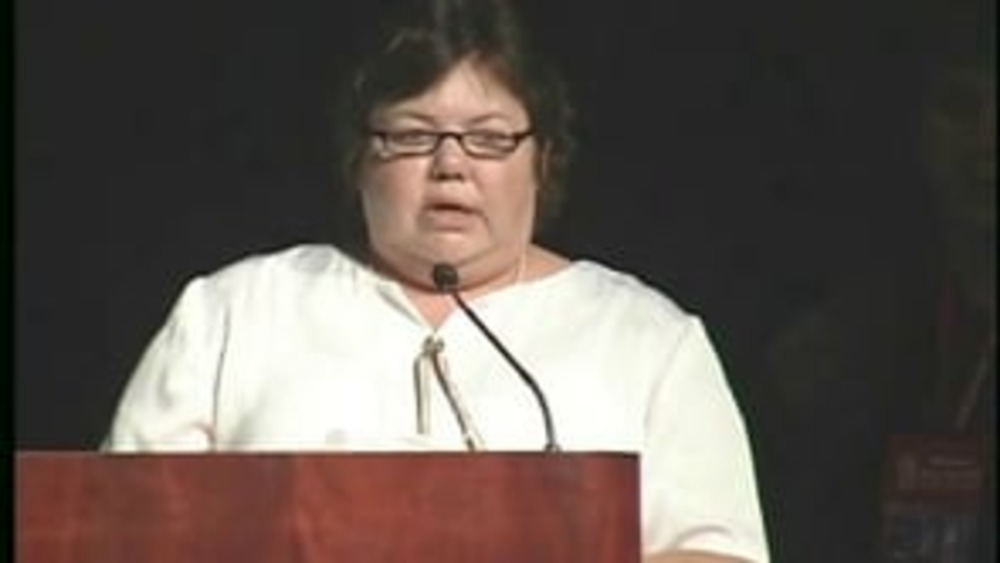Indigenous Governance Database
immersion
Thumbnail

Honoring Nations: James Ransom and Elvera Sargent: The Akwesasne Freedom School
Elvera Sargent and James Ransom from the Sain Regis Mohawk Tribe present an overview of the Akwesasne Freedom School to the Honoring Nations Board of Governors in conjunction with the 2005 Honoring Nations Awards.
Thumbnail
Honoring Nations: Elvera Sargent: The Akwesasne Freedom School
Elvera Sargent discusses the Akwesasne Freedom School and the role it plays in the cultural identity of each generation that goes through the curriculum.
